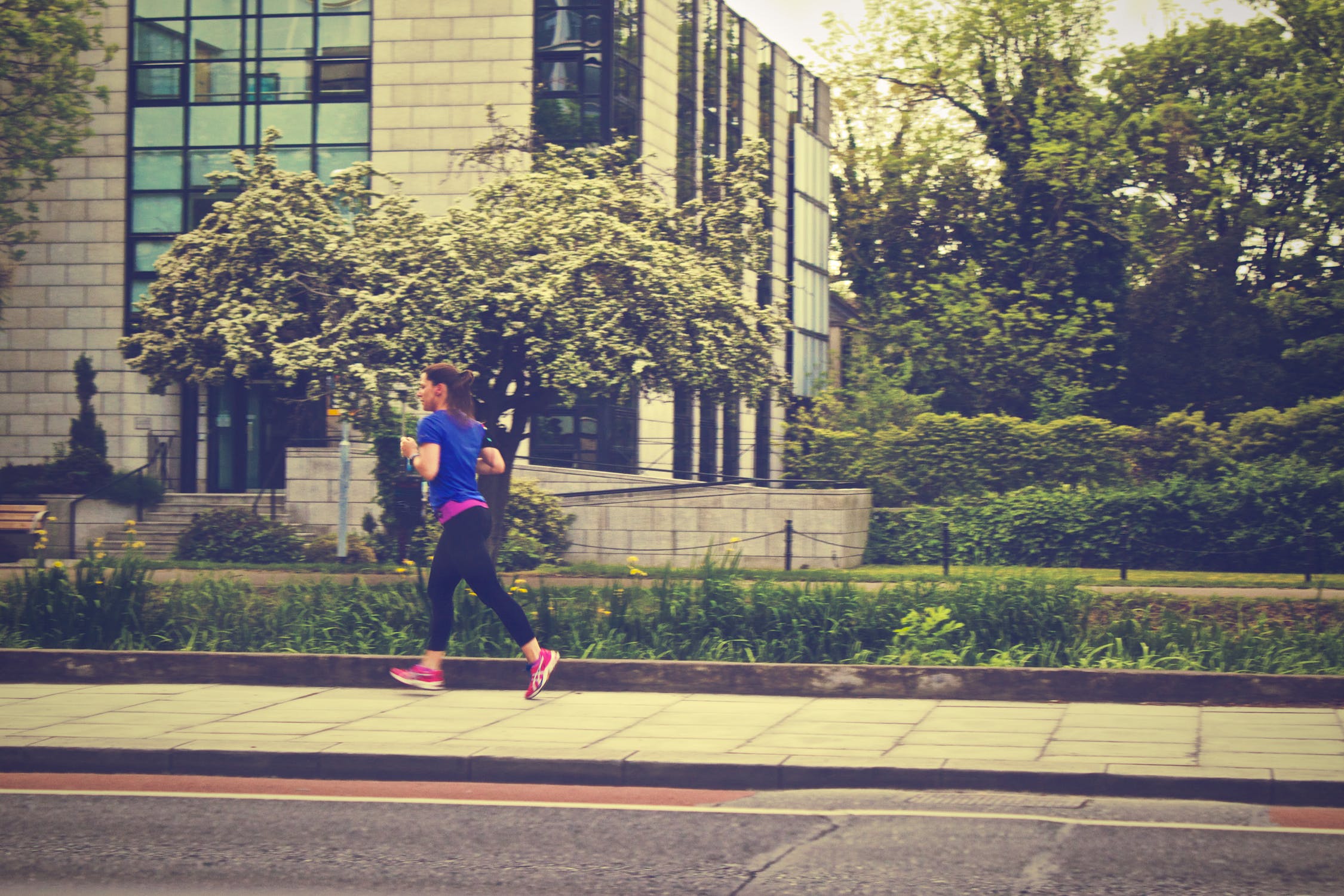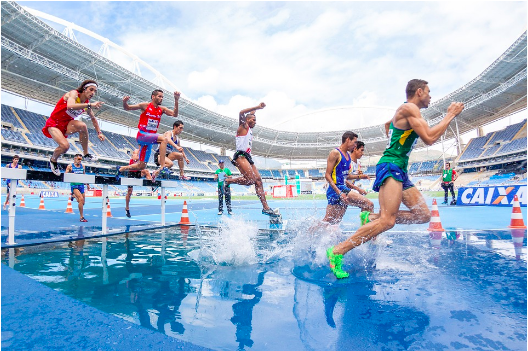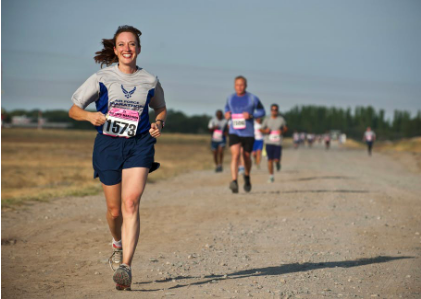The best time of the day to run has long been debated by both scientists and runners, professionals and enthusiasts. If you ask any runner if they have a favourite time of the day to run, you’ll likely get a clear answer, we all have our preferences. But what does the science say about this, is there an optimal time to run and when is the best time for boosting performance?
The answer is yes, there is an optimal time to run and it’s dictated by our bodies’ individual rhythms. Here, we’ll look at some of the main considerations that affect runners and their performance, and look at some of the leading studies that give us information and evidence on the best time of the day to run or work out.
Table of Contents
Core Body Temperature
The temperature of a runner’s body and muscles are well known to increase during exercise, in turn, acutely affecting muscle metabolism and function. But there is more to body temperature than that which we bring on ourselves by exercising. Our bodies and our core body temperature naturally fluctuate throughout the course of the day.
Our core body temperature (the temperature of the internal environment of the body), will hit its peak, for most people, between 4 and 7pm*. As reactions on the enzyme level are hyper sensitive to even minor changes in core body temperature, choosing a time of the day to run when core body temperatures are high, means several advantages.
Among those advantages, research has shown that joint mobility, muscular blood flow, and the metabolism of glucose, are all increased. For many people it’s simply easier to reach optimal muscle activation in the early evening as opposed to in the morning, owing to this correlation between core body temperature and exercise performance. We are strongest when we hit our CBT peak. As much anecdotal evidence from runners would suggest, the empirical evidence from science backs up.
*It should be noted that evidence varies on the natural peak of core body temperature, with some studies putting the peak as high as 9-10pm. Yet, most estimates range between 4 and 7, as we’ve noted here.
Morning Glory?
Before you completely ditch your morning runs in favour of late afternoon outings though, it’s important to note that there is another school of thought that states that running in the evenings can lead to sleeping issues. Firing up your adrenaline with an evening run could mean that your sleep is adversely affected, as the reasoning goes.
Yet, there doesn’t seem to be a whole lot of science to back this up. In fact, there’s a fair amount of evidence to the contrary, where many study participants reported feeling better and sleeping better after completing an evening work out.
So why the discrepancy, and the numerous reports from morning runners that they just ‘feel better’ when they run earlier? Perhaps the answer lies in the fact that we are all different and we all follow (sometimes) significantly different biorhythms.
Circadian Rhythms
We are all governed biologically, to a degree, by our personal circadian rhythms. These rhythms, which are not unique to humans but found across the animal kingdom and in plants too, are physical, mental, and behavioural changes that follow a daily cycle in an individual.
These rhythms vary in their functions, but one key response factor and an excellent example, is that of light and dark: we sleep at night and are awake in the day. Circadian rhythms are an important area of study called chronobiology.
Naturally occurring factors within an individual’s body produce circadian rhythms, but, signals from the environment that an individual is in, also have an effect. Such as we noted before, a key signal is daylight. Daylight can even induce changes in the genes at a molecular level that control biological clocks. Changes to the light-dark cycles can slow down or speed up biological clocks and circadian rhythms – as anyone who has experienced jet lag and feels ‘out of whack’ will be able to attest to.
For runners, this means that for those who hold down a ‘normal’ or ‘regular’ sleep pattern (let’s assume that’s somewhere in between 11-12pm until 7-8am), based on circadian rhythms, the optimal time to run would be between 2pm until 8.30pm.
If, however, a given runner has a different set of sleep patterns, they could estimate that their optimal performance time would be at around 6 hours after waking up.
Because of the differences and varying nature of our own unique biorhythms, it is entirely possible that some runners will suffer far less of a loss of performance, when running in the morning, compared to others. This has been shown to be true in studies such as this one from 2015, where ‘high performance morning types’ were identified.
Individual Responses
As we’ve seen, our core body temperature and our naturally tuned circadian rhythms can have quite the effect on our performance when running. It is interesting to note though, that out of all the studies we read for this piece, very few are focused specifically on running. In fact, much of the available literature is spread across the sporting world, which could go some way towards explaining why the consensus among experts is far from consistent.
It does seem that there is one factor on which they (mostly) agree though, and that is that an individual athlete’s resting heart rate and core body temperature are closely correlated and are linked to that individual’s circadian rhythms. This means that the best time of day to run is when resting heart rate peaks – we think you’ll agree, that for many of us runners, that’s easier and more convenient to measure than the gold standard of rectal temperature readings!
For most of us, that resting heart rate peak will happen between 4-7pm, assuming we follow a regular or normal sleep pattern. And for most of us that is, according to the scientific literature, the best time of the day to work out or run and optimise performance.
Author Bio
Since 2009 Running Shoes Guru worked hard to become an independent, unbiased and expert source of information for all things running shoes.
Our honest reviews come from products we buy ourselves, so we are not influenced by brands and their expectations. This is how we are able to produce unbiased articles like Best Running Shoes Review 2017




